Photograph courtesy Peggy McIntosh.
By Joshua Rothman | Originally Published at The New Yorker. May 13, 2014
The idea of “privilege”—that some people benefit from unearned, and largely unacknowledged, advantages, even when those advantages aren’t discriminatory —has a pretty long history. In the nineteen-thirties, W. E. B. Du Bois wrote about the “psychological wage” that enabled poor whites to feel superior to poor blacks; during the civil-rights era, activists talked about “white-skin privilege.” But the concept really came into its own in the late eighties, when Peggy McIntosh, a women’s-studies scholar at Wellesley, started writing about it. In 1988, McIntosh wrote a paper called “White Privilege and Male Privilege: A Personal Account of Coming to See Correspondences Through Work in Women’s Studies,” which contained forty-six examples of white privilege. (No. 21: “I am never asked to speak for all the people of my racial group.” No. 24: “I can be pretty sure that if I ask to talk to the ‘person in charge,’ I will be facing a person of my race.”) Those examples have since been read by countless schoolkids and college students—including, perhaps, Tal Fortgang, the Princeton freshman whose recent article, “Checking My Privilege,” has been widely debated.
McIntosh is now seventy-nine. She still works at Wellesley, where she is the founder and associate director of the SEED Project, which works with teachers and professors to make school curricula more “gender fair, multiculturally equitable, socioeconomically aware, and globally informed.” (SEED stands for Seeking Educational Equity and Diversity.) In the next few months, she’ll give talks about privilege to groups at the American Society for Engineering Education, the House of Bishops of the Episcopal Church, the Ontario Nurses Association, and NASA’s Goddard Space Center. McIntosh was born in Brooklyn, grew up in New Jersey, and went to a Quaker boarding school. She attended Radcliffe and got a Ph.D. in English from Harvard. (Her thesis was on Emily Dickinson.) With privilege so often in the news lately—there’s even a BuzzFeed quiz called “How Privileged Are You?”—I thought I’d ask McIntosh what she thinks about the current debates about privilege, and how they compare with the ones of past decades.
How did you come to write about privilege?
In those days, I worked at what was called the Wellesley College Center for Research on Women. I was hired to conduct and administer a monthly seminar for college faculty members on new research on women, and how it might be brought into the academic disciplines. I led that seminar for seven years, and it was always expanding. Eventually, it expanded to twenty-two faculty from places like New York, New Jersey, and New England. We were asking, What are the framing dimensions of every discipline, and how could they be changed by the recognition that women are half the world’s population, and have had half the world’s lived experience?
I noticed that, three years in a row, men and women in the seminar who had been real colleagues and friends for the first several months had a kind of intellectual and emotional falling out. There was an uncomfortable feeling at the end of those three years. I decided to go back through all my notes, and I found that at a certain point the women would ask, “Couldn’t we get these materials on women into the freshman courses?” And, to a person, the men would say, “Well, we’re sorry, we love this seminar, but the fact is that the syllabus is full.” One year, a man said—I wrote it down—“When you are trying to lay the foundation blocks of knowledge, you can’t put in the soft stuff.”
The thing was, he was a very nice man. All the men who attended the seminars were very nice men—also quite brave men, because they’d catch flak on their campuses for going to a women’s college to do a feminist seminar. And I found myself going back and forth in my mind over the question, Are these nice men, or are they oppressive? I thought I had to choose. It hadn’t occurred to me that you could be both. And I was rescued from this dilemma by remembering that, about six years earlier, black women in the Boston area had written essays to the effect that white women were oppressive to work with. I remember back to what it had been like to read those essays. My first response was to say, “I don’t see how they can say that about us—I think we’re nice!” And my second response was deeply racist, but this is where I was in 1980. I thought, I especially think we’re nice if we work with them.
I came to this dawning realization: niceness has nothing to do with it. These are nice men. But they’re very good students of what they’ve been taught, which is that men make knowledge. And I realized this is why we were oppressive to work with—because, in parallel fashion, I had been taught that whites make knowledge.
This is when you came up with the forty-six examples of white privilege?
I asked myself, On a daily basis, what do I have that I didn’t earn? It was like a prayer. The first one I thought of was: I can, if I wish, arrange to be in the company of people of my race most of the time.
Other people had been writing about privilege before you—why did your paper attract so much attention?
I think it was because nobody else was writing so personally, and giving such clear examples, drawn from personal experience, which allowed readers to understand this rather complicated subject without feeling accused.
How did people respond?
Well, at first, the most common responses were from white people. Their most common response was “I never thought about this before.” After a couple of years, that was accompanied by “You changed my life.” From people of color, from the beginning, it was “You showed me I’m not crazy.” And if they said more than that it was along the lines of “I knew there was something out there working against me.”
But there was a negative reaction to it, too.
The right wing wanted to paint it as craziness. But there were so many people saying it wasn’t crazy that I was able to put them aside. David Horowitz named me one of America’s ten wackiest feminists; that used to get to me. Now I think, If you’re going to do work for racial justice, you’re going to get attacked.
Have those reactions changed much? It’s been more than twenty-five years.
The truth is that it hasn’t changed much, except in the universities. The colleges and the universities are the places where you get a hearing. They’re where you learn to see both individually and systematically. In order to understand the way privilege works, you have to be able to see patterns and systems in social life, but you also have to care about individual experiences. I think one’s own individual experience is sacred. Testifying to it is very important—but so is seeing that it is set within a framework outside of one’s personal experience that is much bigger, and has repetitive statistical patterns in it.
Is that the challenge—or the usefulness—of the idea of privilege, as you see it? That it asks you to combine an individual view of life with an abstract one?
When Tal Fortgang was told, “Check your privilege”—which is a flip, get-with-it kind of statement—it infuriated him, because he didn’t want to see himself systematically. But what I believe is that everybody has a combination of unearned advantage and unearned disadvantage in life. Whiteness is just one of the many variables that one can look at, starting with, for example, one’s place in the birth order, or your body type, or your athletic abilities, or your relationship to written and spoken words, or your parents’ places of origin, or your parents’ relationship to education and to English, or what is projected onto your religious or ethnic background. We’re all put ahead and behind by the circumstances of our birth. We all have a combination of both. And it changes minute by minute, depending on where we are, who we’re seeing, or what we’re required to do.
At SEED, thinking about privilege is deeply personal group work. We do an exercise where everybody reads out loud from something they’ve written based on Jamaica Kincaid’s story called “Girl,” which ran in The New Yorker in the seventies. In “Girl,” Kincaid lists voices in her head from her early childhood, telling her how to be a girl. Everybody reads either their boy piece or their girl piece, and, listening, you get a systemic view of varieties of gender conditioning. One very sad thing—very major to me—is that almost all the men who are now over forty read, “Boys don’t cry,” or something like “Put the damn worm on the damn hook.” And that’s a lie—a huge social lie that makes men of that age have to act tougher than they feel. It’s a tragedy for the entire world, and it’s inflicted on boys; they’re not guilty of it. Usually the boy’s crying, or about to cry, when he’s told boys don’t. This is wreckage to the psyche.
You seem to relate to the idea of privilege in a very compassionate way. But isn’t that hard, since the effects of privilege are so unjust? Isn’t it natural for privilege to make people angry, rather than openhearted? I imagine Tal Fortgang in a college seminar, and the rancor that must accompany conversations about privilege in the classroom. How do you defeat that?
The key thing is to let people testify to their own experience. Then they’ll stop fighting with each other. One of my colleagues at SEED says, “Unless you let the students testify to what they know, which schools usually don’t let them do, they will continue to do just what the dominant society wants them to do, which is to tear each other apart.” The students who are sitting there fighting with one another aren’t allowed to have their lives become the source for their own growth and development. Adrienne Rich wrote, at the beginning of women’s studies, “Nobody told us we have to study our lives, make of our lives a study.”
It seems as though, for you, talking about privilege shouldn’t lead to arguments; it should be a kind of therapy.
I wouldn’t say therapy, because psychology isn’t very good at taking in the sociological view. But it has to do with working on your inner history to understand that you were in systems, and that they are in you. It has to do with looking around yourself the way sociologists do and seeing the big patterns in the rest of society, while keeping a balance and really respecting your experience. Seeing the oppression of others is, of course, very important work. But so is seeing how the systems oppress oneself.
This interview has been edited and condensed.
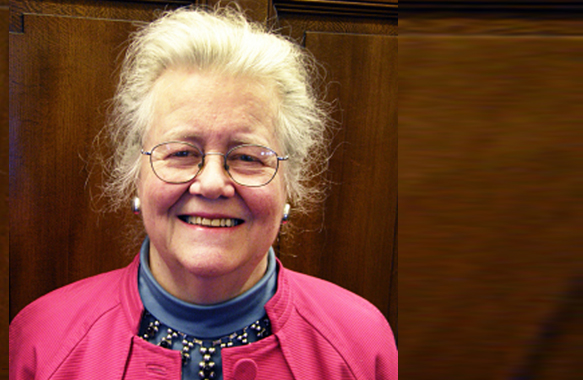







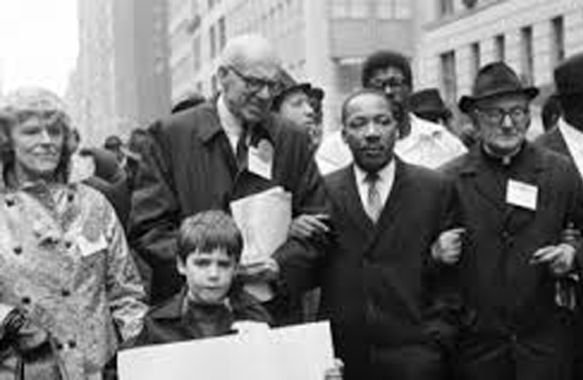
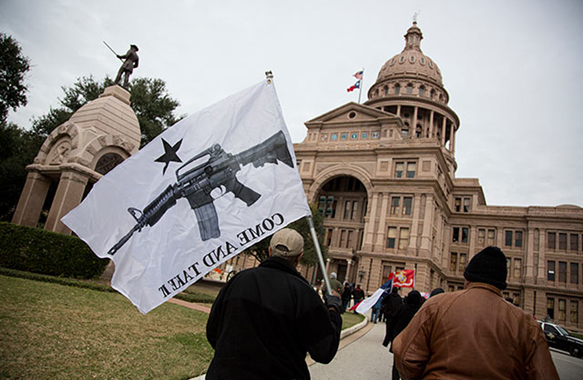
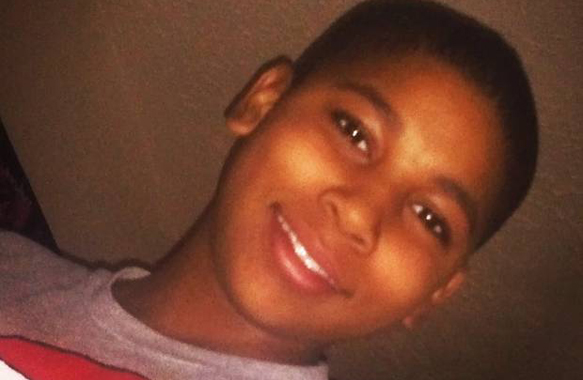
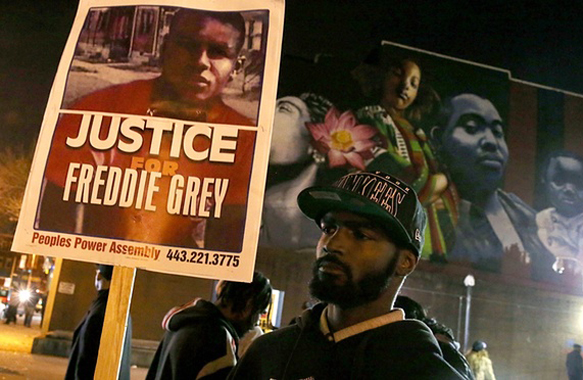
Leave A Comment